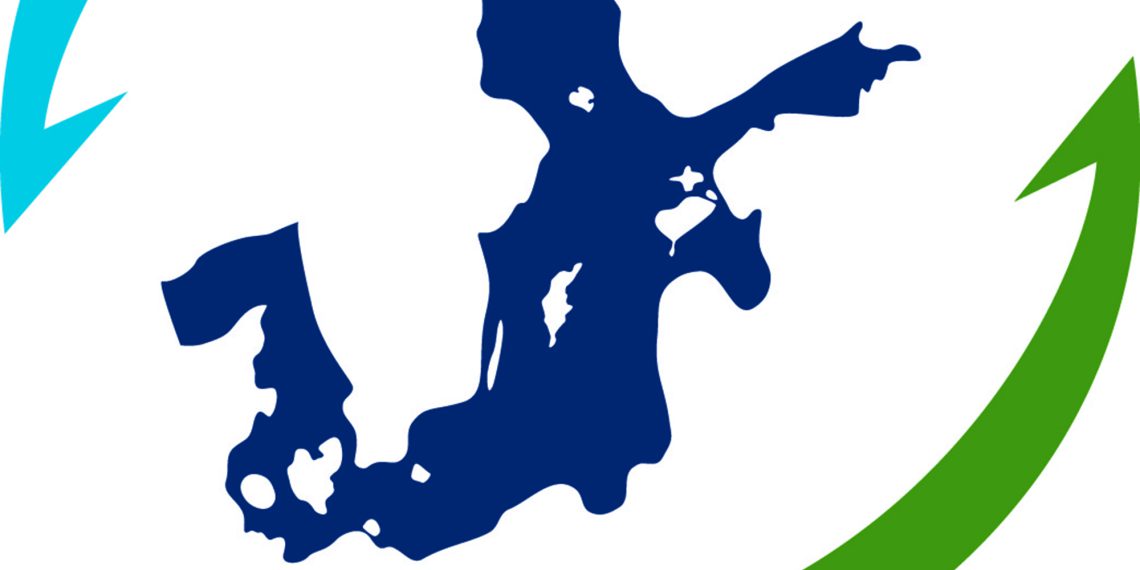On the Polish peninsula Hel opposite the metropolitan region of Gdansk in the village of Jastarnia, the fourth Baltic Earth Conference will take place from May 30 to June 3. It is organized by the international Baltic Earth Secretariat at the Helmholtz Center Hereon in cooperation with the Leibniz Institute for Baltic Sea Research Warnemünde (IOW) and the Institute of Oceanology of the Polish Academy of Sciences (IO-PAN), Sopot.
A total of about 130 participants from the Baltic Sea region and other parts of the world are expected to spend a week exchanging their scientific results and experiences. The common thread of the conference will be the so-called BEAR reports (Baltic Earth Assessment Reports). These are scientific summaries of current knowledge on specific thematic complexes concerning the Earth system of the Baltic Sea region.
Rich variety of topics
The reports cover marine, meteorological and climatological topics and are available free of charge as original English-language publications. The focus is on conditions currently expected in the Baltic Sea region as a result of climate change and other man-made environmental influences. Topics include salinity dynamics of the Baltic Sea, material fluxes in the catchment area, extreme weather events, sea level and coastal dynamics, and the interplay of various factors in the observed changes in the Baltic Sea region.
“In addition to climate change, there are many factors in the Baltic Sea region, as in other marginal seas heavily used by humans, such as agriculture, shipping, pollution, or tourism, whose interactions with each other as well as with climate change are poorly understood, but climate change seems to influence all other factors.”
- Dr. Marcus Reckermann
An outstanding contribution is the summary of the current state of knowledge on climate change in the Baltic Sea, the update of the two so-called BACC reports from 2008 and 2015, for which about 900 studies were evaluated and compiled by 47 authors. “Water temperatures in the Baltic Sea have been rising for 100 years, and this will continue in this century,” says Markus Meier of the Leibniz Institute for Baltic Sea Research Warnemünde (IOW), chairman of the Baltic Earth Steering Group and lead author of the current climate study. “Current climate projections show that the Baltic Sea will be mostly ice-free during normal winters by the end of the century.”
Karol Kuliński of the host institute IO-PAN in Sopot, vice-chair of the Baltic Earth Steering Group and lead author of one of the reports, emphasizes the international and interdisciplinary dimension of this collaboration: “Scientists from all Baltic Sea countries and beyond were involved in the preparation of the reports, as were representatives of all scientific disciplines relevant to the Baltic Sea regional Earth system. This gives the reports scientific breadth and high credibility,” says Kuliński.

















